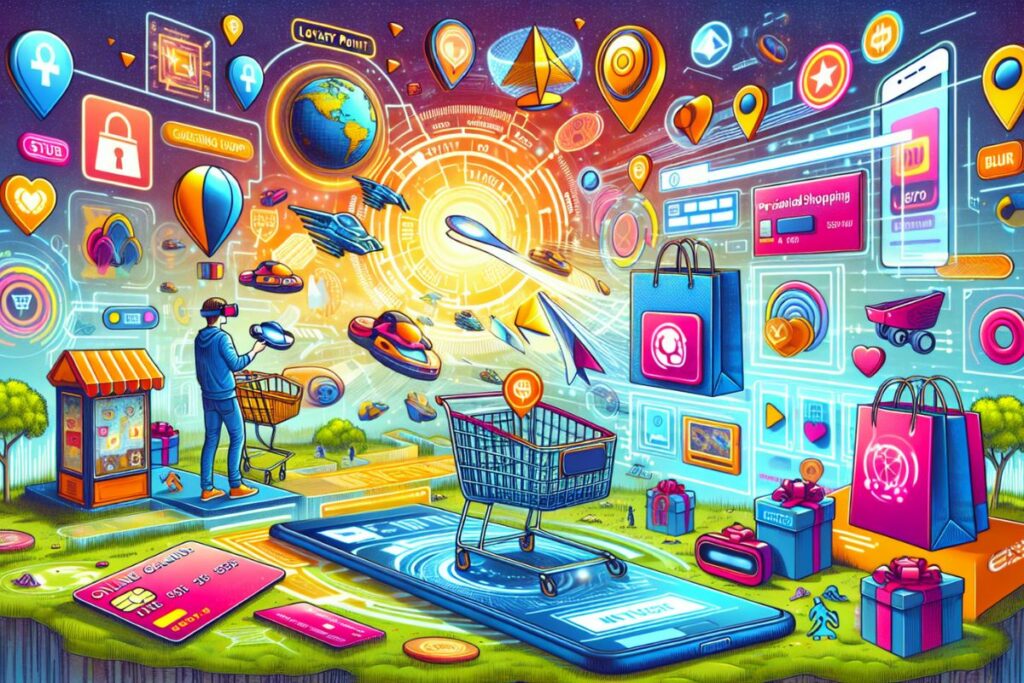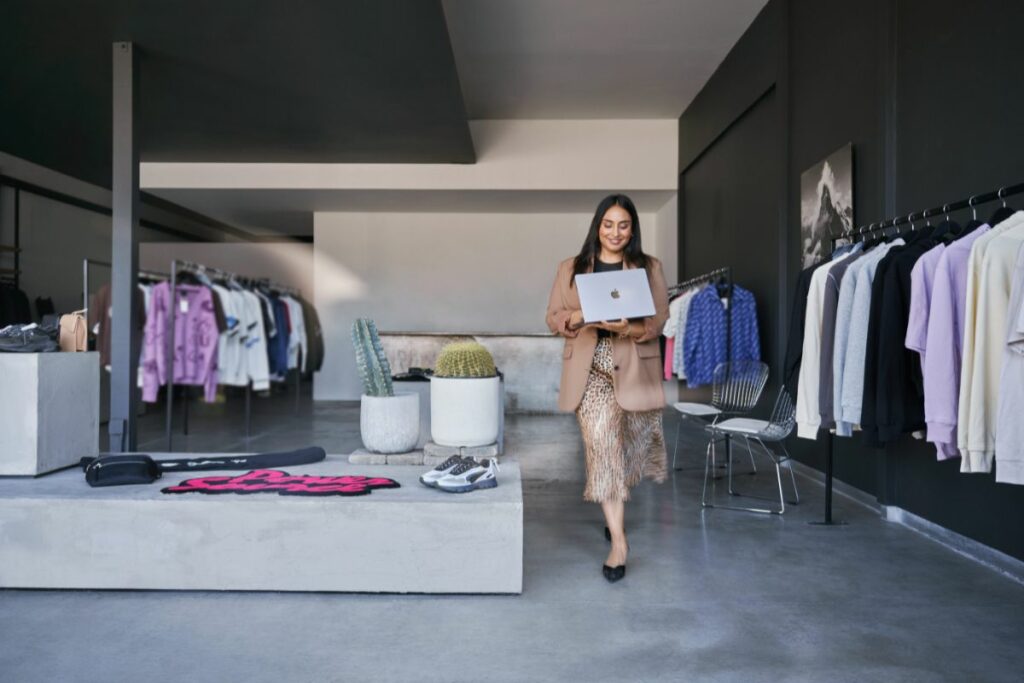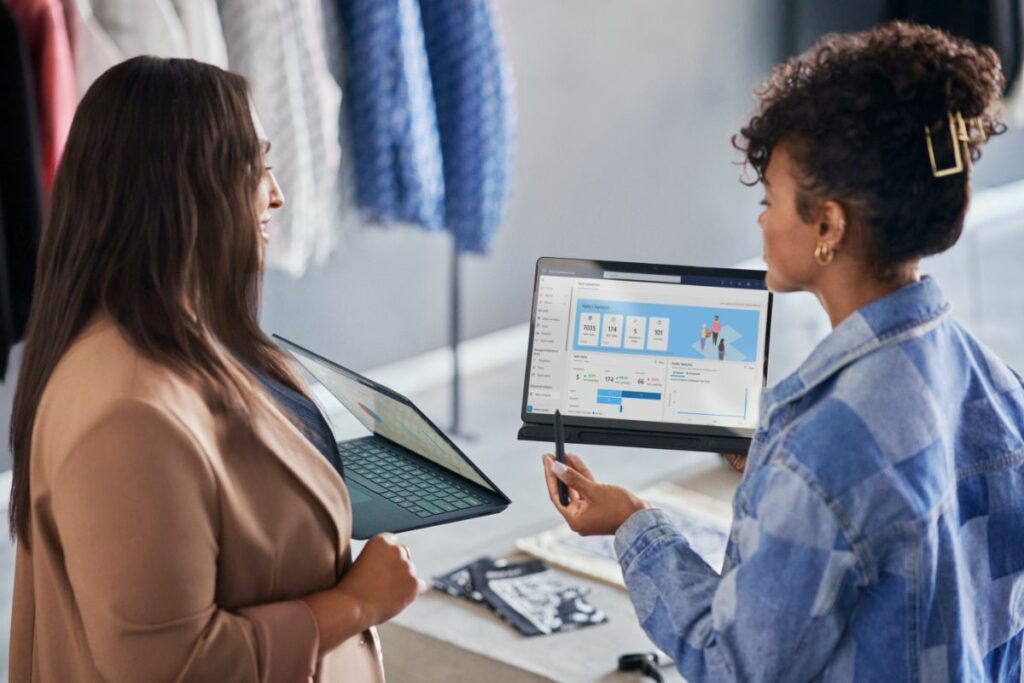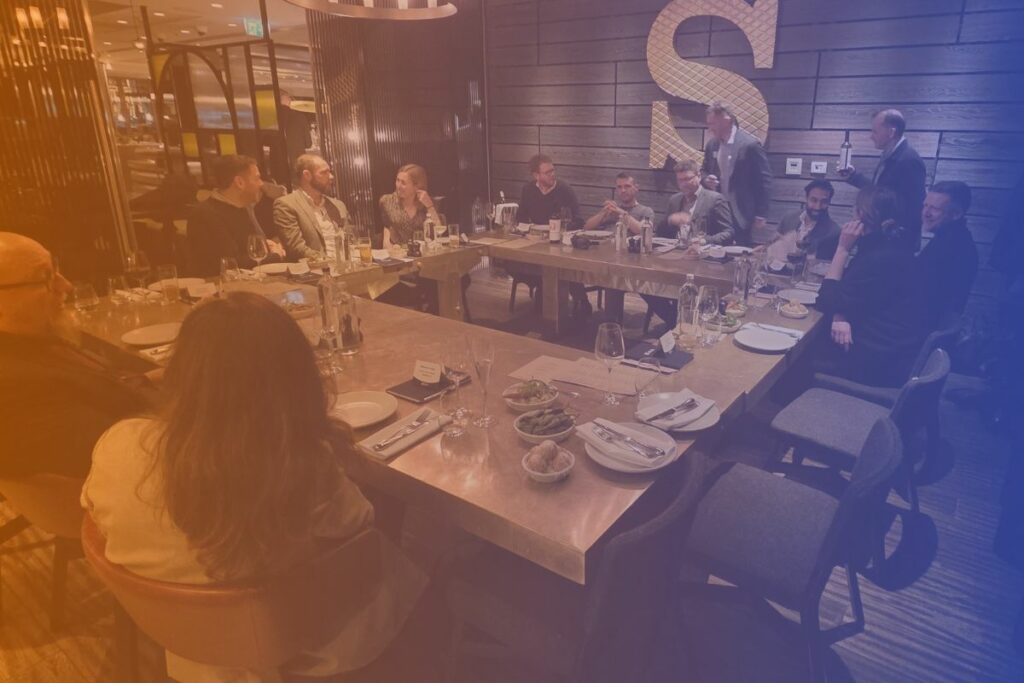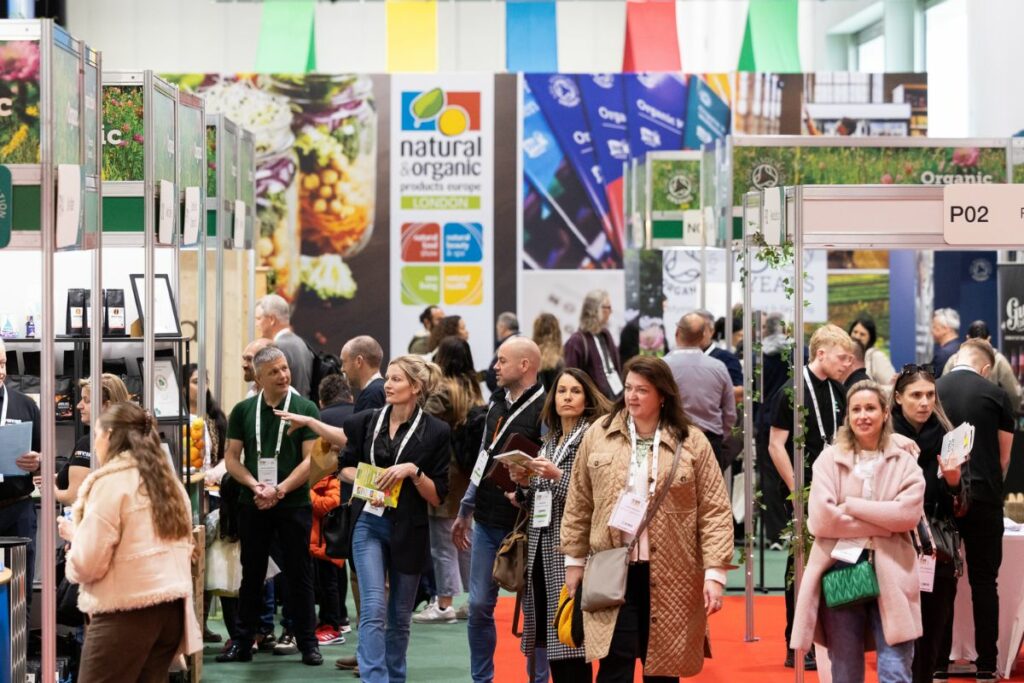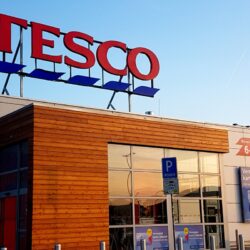Tell us a little bit about Hootsuite and its vision.
Hootsuite is a social media management platform, trusted by more than 16 million customers and more than 80 per cent of the Fortune 1000.
Celebrating its 10 year anniversary this year, the organisation aims to help companies realise the value and opportunities that social media can provide within their chosen industry.
In the retail space, for example, Hootsuite can provide retailers significant return on investment across social through consumer insights, customers service, advocacy, social selling and marketing.
Hootsuite’s mission is to be at the forefront when it comes to helping retailers innovate, increase revenues and margin and improve the overall consumer experience.
What were you doing before you joined the company?
I held positions at other technology companies such as Oracle and SAP, but most recently I worked with Kenshoo for four years within paid media technology.
How important is social media in retail today?
It’s critical. It’s important to remember that social isn’t just there as a tool to shout about your brand, products and services. It’s also massively important to use it to listen too.
Taking the initiative to be listening to what your target audience is saying on social is the first step to becoming a customer-centric organisation. Social listening allows you to gather information and feedback that will better allow you to interact with customers on a tailored and authentic level.
Is there one medium that is more suitable than other for the retail industry?
Not for successful retail enterprises. Each platform has a unique value for an organisation in the retail space, and limiting a brand to one network is no longer enough to engage with consumers.
With all the controversy surrounding Facebook and many turning away from the medium, do you think it’s likely get more or less important?
In our industry, there is a fixation with the “death of a business”, particularly in marketing.
First, there was the death of the high street, then the death of Facebook – but Facebook isn’t dead – it’s evolving and changing in terms of its users and focus areas, just as other social platforms appeal to different demographics.
The trick for businesses is to be aware of these changes in the social media sphere and for them to be able to evolve and adapt in line with consumer demand. I think it would be foolish for a brand to write off any one platform, instead, it’s important to understand them all and the different audiences that they are targeting.
Can social media directly influence sales or just build brand awareness?
It does both and more. Social can play a significant part in increasing conversions, margins, engagement and communities. The reason is down to the four Es – entertainment, environment, education and escapism – social allows consumers to be absorbed into these categories and it’s exactly where retailers should be as well.
What platform do you think is most important for retailers?
All platforms should be important to retailers. The retail space is incredibly competitive and consumer demand is constantly changing, with social networks being key to staying in tune with these changes. In fact, 86 per cent of consumers will buy more if they feel retailers personalise the experience for them – and social plays an active part in achieving this.
Do you have a personal favourite retail social media campaign?
#KNOWYOURLEMONS. This was a brilliant campaign which utilised the power of social to alert people to breast cancer with simple and educational imagery. It generated 166 million views and is being used globally to raise awareness and understanding about this terrible disease.
How will GDPR affect social media marketing?
I believe protecting consumer data is paramount and a good thing all round. It just adds a protection/security layer which we have been helping retailers with for years. Consumer, employee and brand protection are central to our proposition.
Should brands utilise social media influencers or can this be risky?
Influencer marketing is an industry that is booming. Retailers should be engaging with these social media influencers but must consider that content needs to be authentic and genuine to have a meaningful impact. Simply paying an influencer to post product advertising is no longer enough to get traction, it’s about being transparent with the consumer and ensuring the content is of interest to both the consumer and influencer.
Can social media marketing go wrong?
Of course. There are many examples of how it can go wrong, but it’s important to not let this deter the company from engaging on these platforms. Avoiding social can be just as detrimental to the business as getting it wrong on a network. At Hootsuite, we help marketing teams introduce checks and balances which deliver a level of control that significantly reduces risk.
What effect can this have on a brand?
Whilst getting social wrong can be damaging and can impact consumer perception, it’s about how brands manage these scenarios post-crisis that’s often judged more closely. Being authentic and honest about the error or mistake is integral to regaining ground. You can no longer simply bury your head in the sand and ignore the problem hoping it will go away – it won’t.
What are your top three tips for retailers to improve their social media marketing?
● Understand your audience
● Be agile and on the front foot
● Be clear on key metrics and objectives
Click here to sign up to Retail Gazette‘s free daily email newsletter



